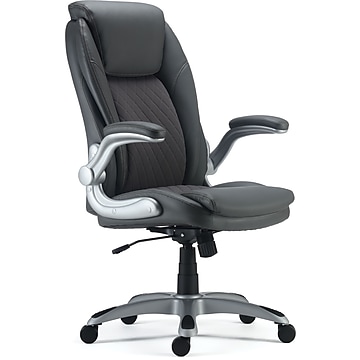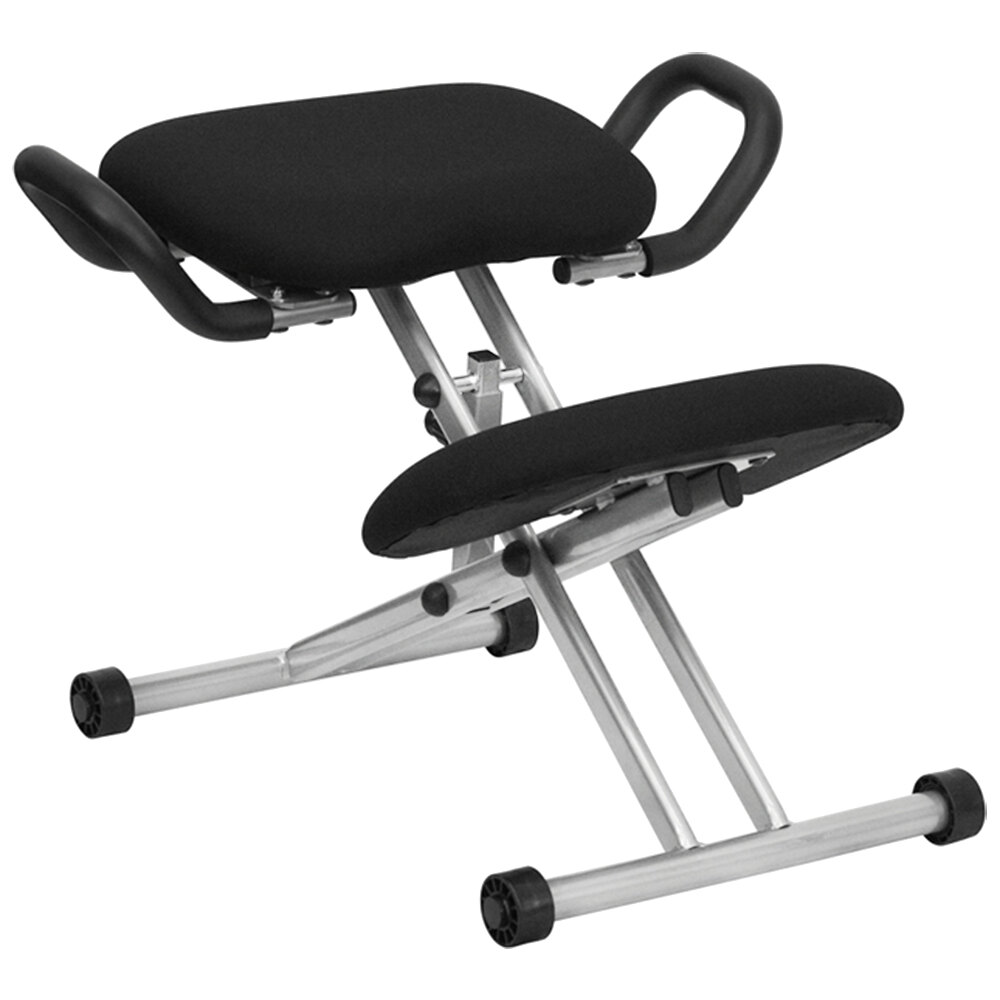
Flash Furniture WL-1429-GG Black Ergonomic Kneeling Office Chair with Silver Steel Frame and Handles

IKEA-worthy ergonomic chairs designed to support your back + help you maintain a better posture! - Yanko Design
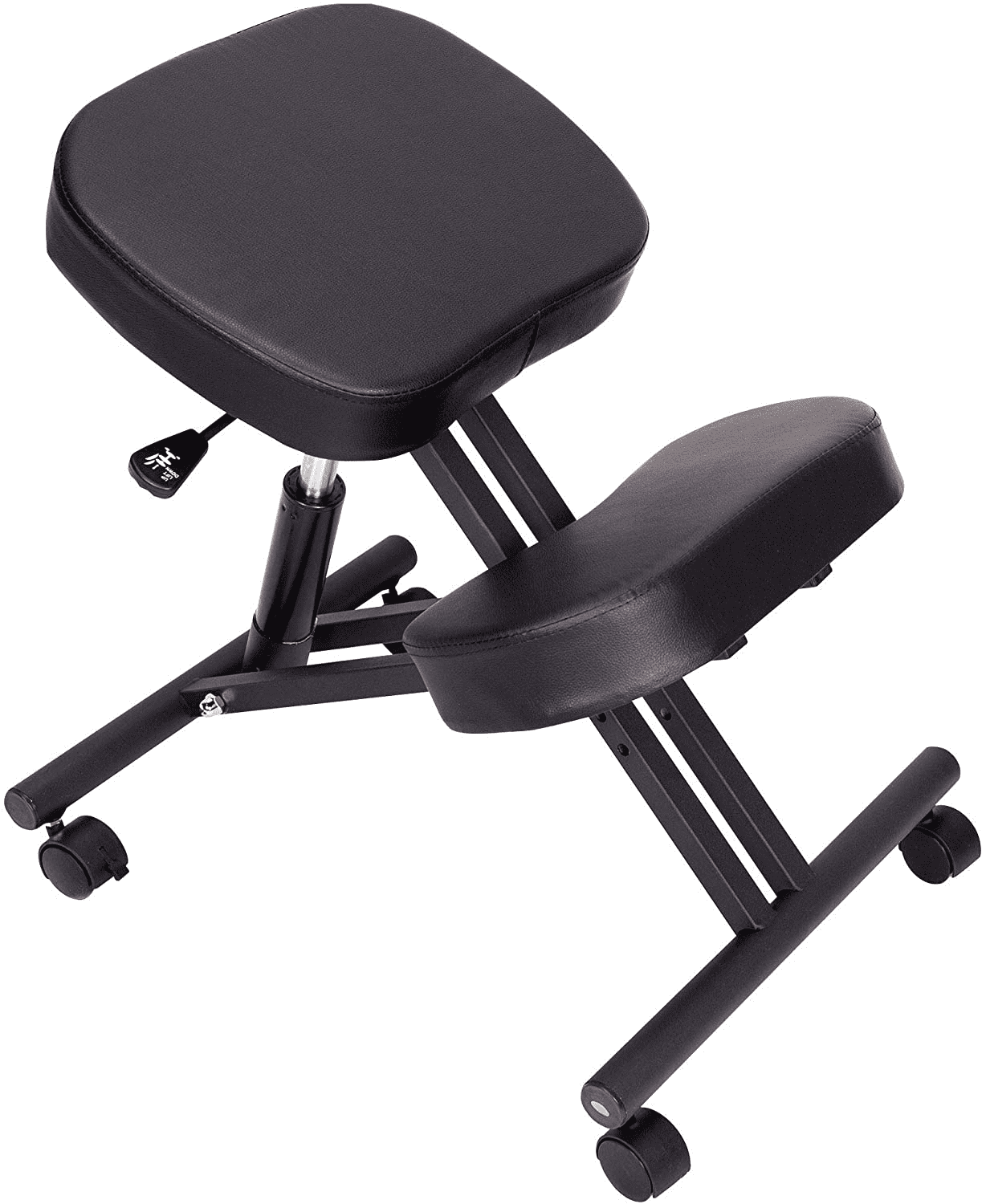
Adjustable Ergonomic Kneeling Chair Home Office Rolling Adjustable Kneeling Stool, Improve Posture Now & Neck Pain - Comfortable Knees and Straight Back(Standard, Black) - Walmart.com

IKEA-worthy ergonomic chairs designed to support your back + help you maintain a better posture! - Yanko Design

Inbox Zero Ergonomic Kneeling Chair, Height Adjustable Stool With Thick Foam Cushions For Home And Office & Reviews | Wayfair
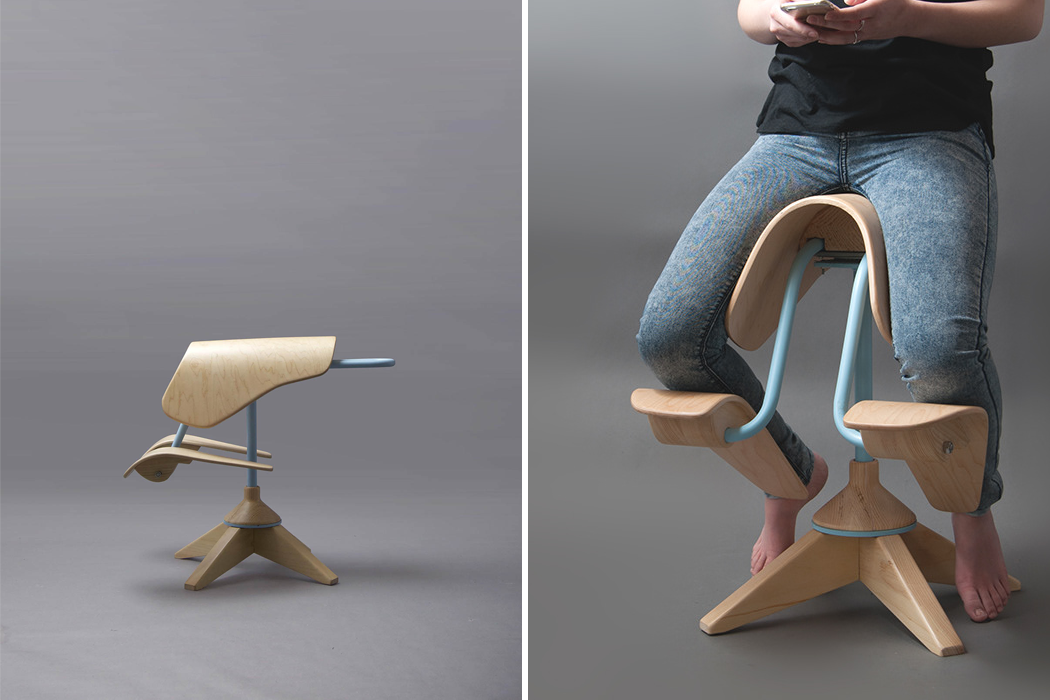
IKEA-worthy ergonomic chairs designed to support your back + help you maintain a better posture! - Yanko Design






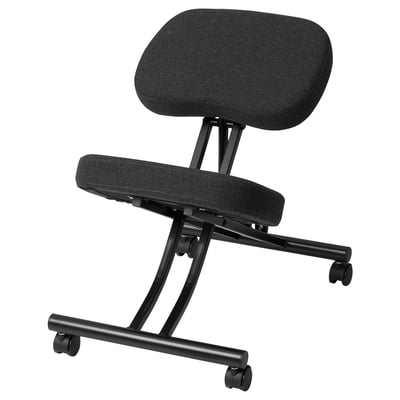

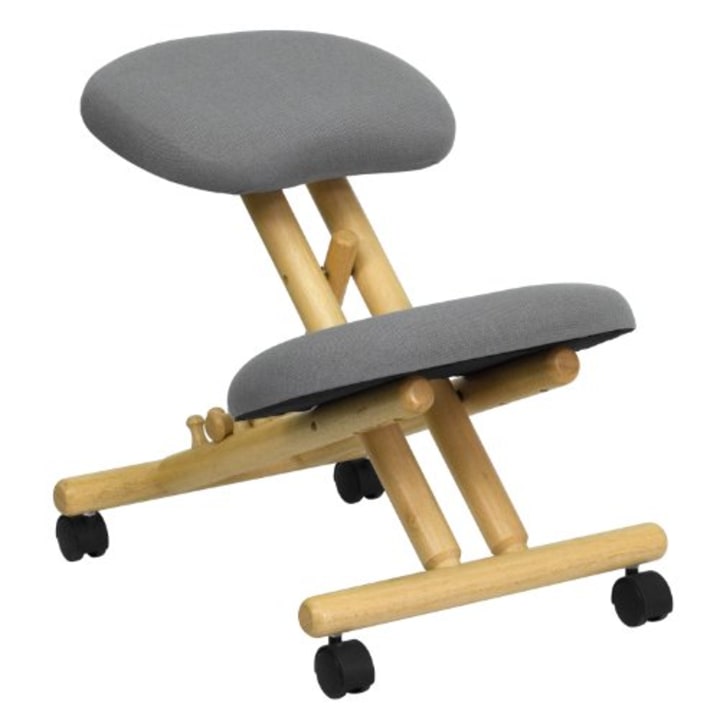



/ossB248ErgonomicKneelingStool-5a62109b22fa3a00375ab829.jpg)




